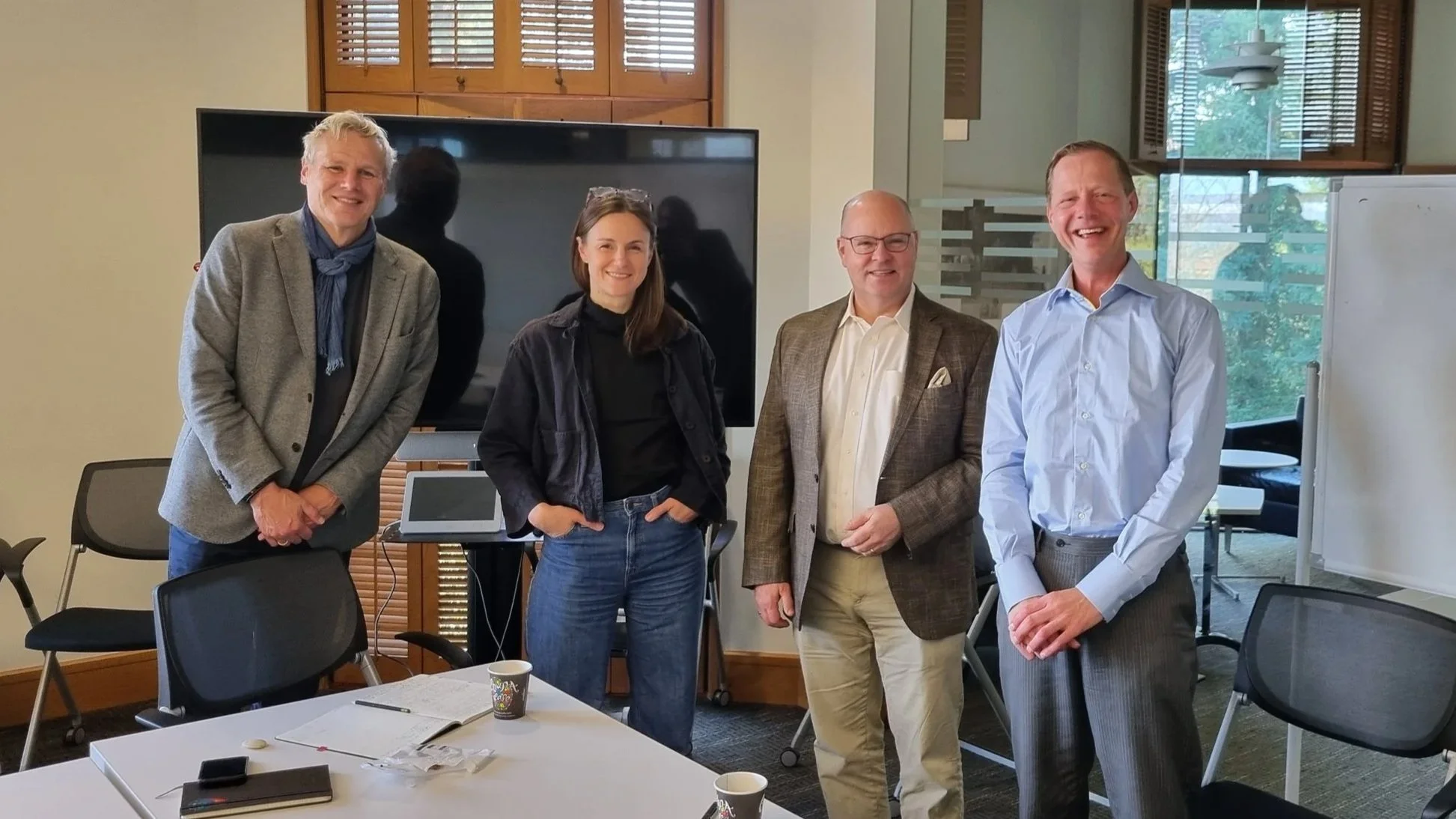London, UK, February 28, 2024— The global race to harness the transformative potential of quantum technology is well underway. As nations position themselves at the forefront of this scientific and industrial revolution, the United Kingdom has taken a decisive step to not only lead in innovation but also in the thoughtful development of its regulatory landscape. A key milestone in this journey is the recent report on "Regulating Quantum Technology Applications" by the UK's Regulatory Horizons Council (RHC). It was an honour for Mauritz Kop to contribute to this important and timely work, and this post will delve into the background, his advisory role, and how scholarship from the Stanford Program in Law, Science and Technology (LST) directed by Professor Mark Lemley has helped shape the UK's pro-innovation approach to quantum governance.
Centre for Science and Policy’s Expert Network at the University of Cambridge
On August 8, 2023, Mauritz Kop, Visiting 'Quantum & Law' Scholar at Stanford University, had the honour of advising the UK's Regulatory Horizons Council, an expert committee that counsels the government on regulatory reform for emerging technologies. In his discussion with Tom Newby (Policy Fellow, Centre for Science and Policy at the University of Cambridge) of the RHC, Kop advocated for a pro-innovation regulatory framework—one that fosters growth and attracts investment while proactively addressing societal risks. He is delighted to see that his recommendations and overall vision of regulating quantum have been significantly reflected in the final report, which will now directly inform the UK's national quantum policy.
This engagement builds upon a foundation of extensive scholarship, including his work within the Cambridge University network and, most notably, research at the imminent Stanford Center for Responsible Quantum Technology. Its publications, such as the "10 Principles for Responsible Quantum Innovation" and "Regulating Transformative Technology in The Quantum Age: Intellectual Property, Standardization & Sustainable Innovation," have provided a robust intellectual framework for the very challenges the RHC was tasked to address.
A Pro-Innovation and Responsible Approach to Regulating Quantum & AI
His advice to the RHC was guided by the core vision of the imminent Stanford Center for Responsible Quantum Technology: to foster a regulatory environment that is enabling, not stifling. A pro-innovation framework, as he argued, is crucial for attracting domestic and international talent and investment. Innovators and investors are drawn to jurisdictions that offer regulatory clarity and a commitment to responsible development. By establishing such an environment, the UK can position itself as a premier destination for the burgeoning quantum industry.
The RHC report embraces this philosophy. It explicitly rejects a one-size-fits-all regulatory model and instead advocates for a nuanced, application-specific approach. Recognizing that quantum technologies are at varying stages of development, the report wisely suggests that the timing and nature of regulatory interventions should be carefully calibrated. This aligns with the view that governance should be agile and adaptive, evolving in step with the technology itself.
The Influence of the "10 Principles for Responsible Quantum Innovation" on UK Quantum Governance
Kop was particularly pleased to see the RHC report explicitly reference and incorporate the "10 Principles for Responsible Quantum Innovation." This framework, developed by Kop’s interdisciplinary team at Stanford Law School, is the culmination of interdisciplinary collaboration aimed at providing actionable guidance for policymakers, innovators, and other stakeholders in the quantum ecosystem.
The Path Forward: A New Model for Tech Governance
The collaboration between the Stanford Center for Responsible Quantum Technology and the UK's Regulatory Horizons Council exemplifies a new and promising model for technology governance. As we stand on the cusp of a quantum revolution, it is imperative that we move beyond the reactive regulatory postures of the past. The development of transformative technologies requires proactive and thoughtful engagement from all stakeholders, and academia has a crucial role to play in providing the intellectual frameworks and evidence-based analysis needed to inform sound policymaking.
Meer lezen

